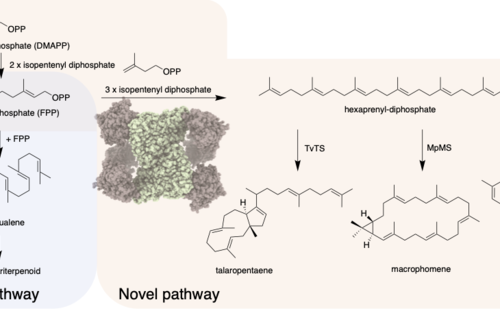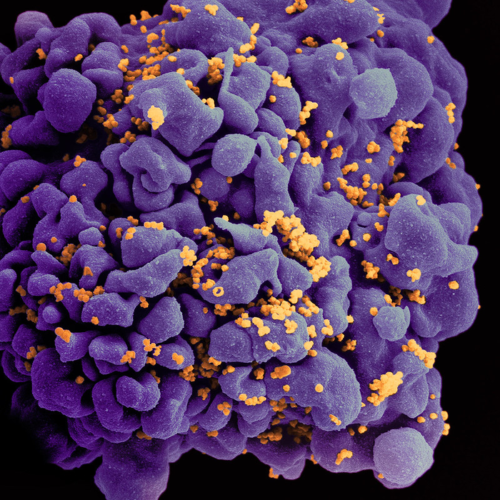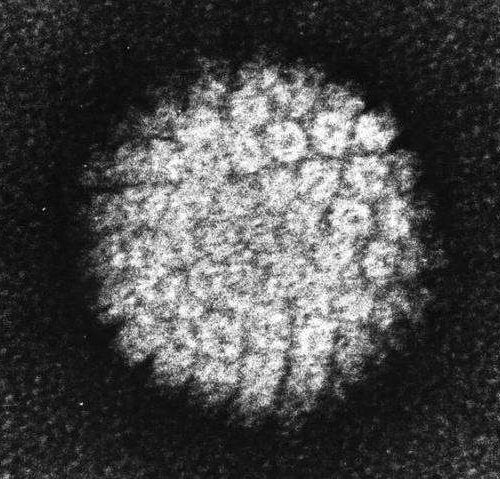The most common and the most effective (for now) cancer treatments – chemotherapy and radiotherapy – are also quite toxic. They damage healthy cells as well as cancer cells and cause tremendous side effects. Now a new study at the Newcastle University found that a one-off simple treatment could potentially prevent devastating consequences of cancer...
Shark antibodies may have the teeth to stop COVID-19
To combat viruses, one of humankind’s oldest threats, researchers are studying predators with the oldest adaptive immune system in the animal kingdom: sharks. To combat viruses, one of humankind’s oldest threats, researchers are studying predators with the oldest adaptive immune system in the animal kingdom: sharks. Fossil evidence suggest sharks first existed 420 million years...
IOF and BHOF publish new aid to osteoporosis and fracture risk patient discussion for primary care providers
INTERNATIONAL OSTEOPOROSIS FOUNDATION The International Osteoporosis Foundation (IOF) and the Bone Health & Osteoporosis Foundation (BHOF) in the USA have developed a simple visual aid to help primary care providers initiate dialogue with their patients about osteoporosis and fracture risk during a medical consultation. The tool, available in PDF form and in several languages, lists...
Patients with mitral annulus calcification at higher risk of heart valve and cardiovascular disease, Mayo Clinic research finds
MAYO CLINIC ROCHESTER, Minn. — A retrospective review of more than 24,000 patients who underwent an EKG at Mayo Clinic finds that nearly one-quarter of the patients had mitral annulus calcification, a chronic degeneration of tissue at the base of the heart’s mitral valve. Mitral valve dysfunction was more than twice as prevalent for those patients, who also were at higher risk...
Blocking enzyme could hold the key to preventing, treating severe COVID-19
OHIO STATE UNIVERSITY COLUMBUS, Ohio – Blocking an immune response-related enzyme holds promise in preventing or treating severe COVID-19 symptoms by reducing inflammation, tissue injury and blood clots in the lungs, new research in mice suggests. Scientists who have long studied this molecule’s functions in bacterial infections traced development of extensive lung damage in infected...
New type of triterpenes discovered
UNIVERSITY OF TOKYO IMAGE: THIS FIGURE SHOWS THE DIFFERENCE BETWEEN THE PREVIOUS AND ONLY KNOWN WAY OF TRITERPENE BIOSYNTHESIS, COMPARED TO THE NEW PATHWAY WHICH THE RESEARCHERS UNCOVERED. CREDIT: IKURO ABE, 2022 A remarkable discovery and collaborative effort have revealed a new type of triterpenes, a group of organic compounds which are an important source...
Combination anti-HIV antibody infusions suppress virus for prolonged period
NIH/NATIONAL INSTITUTE OF ALLERGY AND INFECTIOUS DISEASES IMAGE: SCANNING ELECTRON MICROGRAPH OF AN HIV-INFECTED H9 T CELL. CREDIT: NIAID WHAT:Individuals with HIV who began taking antiretroviral therapy (ART) in the early stages of infection achieved a lengthy period of HIV suppression without ART after receiving two broadly neutralizing anti-HIV antibodies (bNAbs), according to a small...
Diabetes may weaken teeth and promote tooth decay
RUTGERS UNIVERSITY People with both Type 1 and Type 2 diabetes are prone to tooth decay, and a new study from Rutgers may explain why: reduced strength and durability of enamel and dentin, the hard substance under enamel that gives structure to teeth. Researchers induced Type 1 diabetes in 35 mice and used a Vickers microhardness tester...
Age-related lung changes provide pathway for metastatic growth of dormant melanoma cancer cells
JOHNS HOPKINS MEDICINE FOR IMMEDIATE RELEASE Spreading cancer cells that escape a primary tumor site can seed in tissues distant from the tumor, but may take several years or decades to grow into full metastatic cancers. Understanding of tumor dormancy, the process by which this happens, was incomplete. Now, new laboratory research directed by investigators...
Screening every five years safe for women who test negative for HPV, study confirms
by King’s College London Electron micrograph of a negatively stained human papilloma virus (HPV) which occurs in human warts. Credit: public domain A study of 1.3 million women in England has provided evidence to support the extension of cervical cancer screening intervals from three years to five years for those that have a negative screen...



